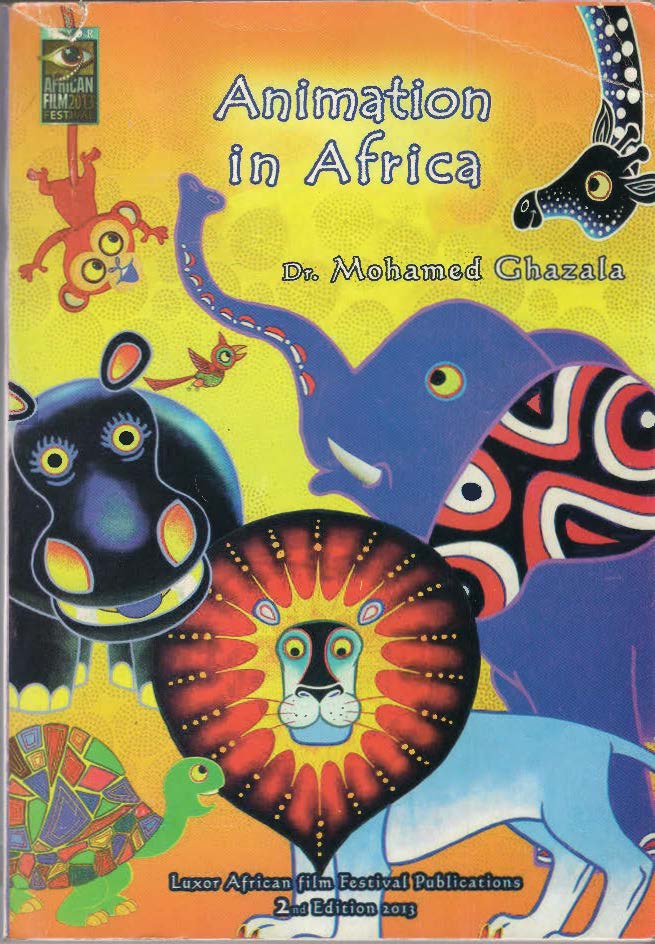By Bethsheba Achitsa
Published July 5, 2009
Does kidnapping of young men for sex business really happen in the slums of Majengo in Nairobi? wondered one Peter Johnson after watching GHETTO HUSTLER, a 20-minute film shown at the 35th edition of the monthly Lola Kenya Screen Film Forum at Goethe-Institut, Nairobi, on June 29, 2009. BETHSHEBA ACHITSA reports.
Johnson’s question set the pace for the evening that led to a fruitful discussion that saw both men and women attending the forum bring forth ideas that addressed pertinent issues in relation to the craft of filmmaking in eastern Africa.
Responding to Johnson’s question, Abubakar Mwenda, the writer and producer of the film, said that both girls and boys are involved in the sex industry but at the end of the day it is the girl’s mystery that is highlighted. Thus this prompted him to tell people about this situation which is never given much attention.
As the audience picked up on the discussion Johnson asked the producer whether he had done reshooting of the film as there was no lip synchronisation. Explaining this, the producer indicated that there was no reshooting of the film, and stated that Ghetto Hustler was a film that was shot in three days, and with a total budget of KSh60, 000 (about US$600), he said that the filmmakers did not have the best equipment for the film hence some of the mishaps observed in the film.
RELATED: All-Africa Arts Festivals and Cultural Events Network Launched
This however did not go down well with most of the members who felt that issues like low budget should not always be an excuse. Thus Elizabeth Njuguna an up-and coming film maker sought to know what quantifies a low budget. An issue that Napoleon Were a member of Youth Lakers group addressed saying that it is not easy to say what a low budget is, as film making starts from scriptwriting, choice of actors/actresses. Were, however noted that proper planning is what should be considered in shooting in order to avoid other costs. Additionally Ogova Ondego explained that in Eastern Africa any film that costs above 100,000 dollars is not considered a low budget film.
Drifting a way from issues of budget in film making, Elizabeth Jumba felt that the filmmakers should have at least established the conflict in the film as she felt that some of the characters had a good course in the film, but without a clear picture of what they want to put forward, the audience was likely not to know what cause they seek to communicate to the viewers.
Echoing this, Jeremiah Ambasah an art educator at the Kenya Art Development Program , said that perhaps other than just having to bring people to watch and critique films, the Lola Kenya Screen Film Forum should incorporate other sessions whereby critics can look at the scripts before the film is shot to initiate the necessary changes that would lead to better film making in the region.
RELATED: Explore Top African Festivals in 2012
In response to this Lola Kenya Screen director said that this was a good idea and if all would go well, then during the fourth edition of the annual Lola Kenya Screen film festival (August 10-15, 2009), the initiative would organise an East African independent producers forum, in order to establish ways in which better film production can be achieved in the region.
Having early indicated that he (Abubakar) had not earned any cent from the film as he could not find distributors for the film, Ondego asked the producer what his motive was as he made the film. Being a creative person, Abubakar indicated that he had wanted to demystify the belief that it is only the feminine gender that is involved in sex business and tell people the other side of the story even though he would still have appreciated if he had earned money out of the film.
This led to an interesting discussion as members of the audience claimed that there were the ‘mainstream film makers’ and ‘Riverwood filmmakers’. The two according to the audience that watched Ghetto Hustler differ greatly with the ‘mainstream filmmakers’ believing they are geared towards to upholding of creativity in filmmaking while the ‘Riverwood Filmmakers’ had profit making at the core of their trade.
RELATED: Kenya’s First Tango Festival is Launched in Nairobi
While both are good reasons for being involved in making films, Peter Johnson felt that it was necessary for one to earn the money and after that venture into creative making of films because it is too hard to pretend that one would only make films for the creative reasons and fail to pay rent or put food on the table.
From the discussions it was clear that, there are a group of individuals who if they were to put all their ideas into practice then the future for the film industry could only be brighter. With the audience attending the 35th edition of the LKSff having vented out their thoughts, the forum adjourned at 7.45pm.



